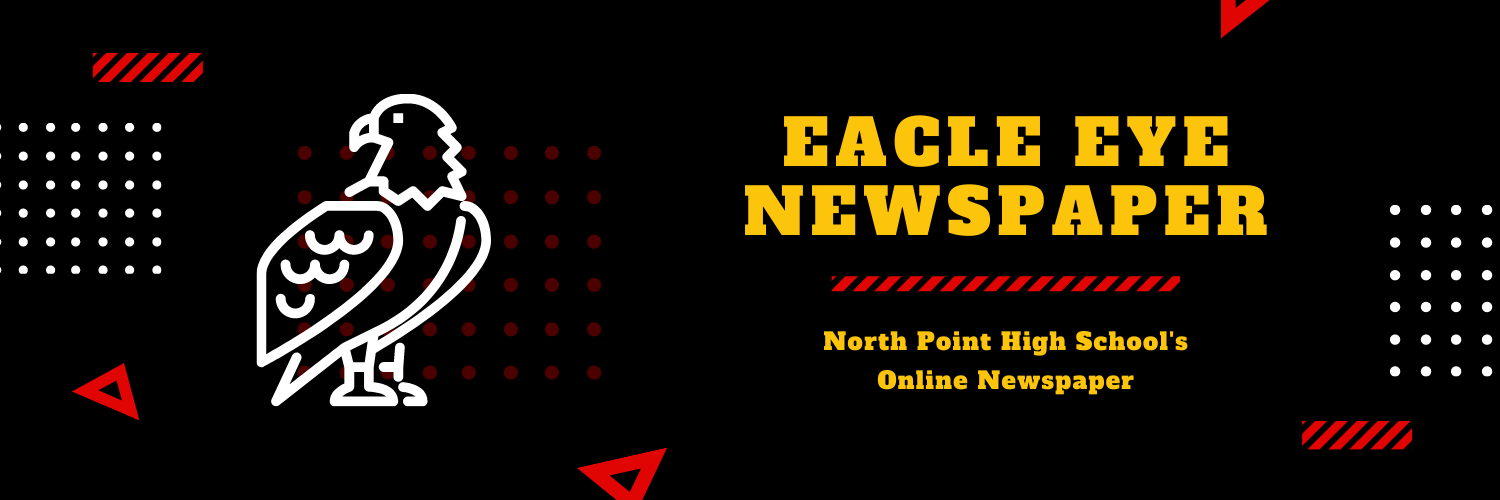Few words in the English language are as historically and emotionally charged as the six letters in the word “n-i-g-g-e-r”. The word dates back to the very start of the United States, when African slaves were described as “negars,” a variation of the Latin word niger, which means black, by John Rolfe at Jamestown in 1619.
In the decades afterward, the “N-word” became an epithet, used not to distinguish African-Americans from other races, but to cast them as inherently and inarguably inferior. Today, 48 years after Martin Luther King, Jr. gave the speech of a generation and 56 years after Rosa Parks sparked a revolution just by sitting where she wasn’t supposed to, the N-word has a different, if still controversial, place in American society.
Two views remain at odds with each other: is the N-word a reference to a period of painful conflict in this country’s history that should be moved on from, or does this word celebrate a people, a culture, and a legacy that should be honored, not erased from memory?
Just this month, NewSouth Books, a publisher of the literary classic Huckeberry Finn, announced that it would replace every instance of the N-word in the novel with “slave” instead. Instantly, accusations of censorship and whitewashing rang out from all corners of the internet.
According to National Public Radio, the publisher’s changes stem from the question of “how you express (race) in the 21st century”. It is true that scrubbing Huck Finn of the N-word will save many English class discussions from the awkward moment when a student or teacher must read it aloud from the text. However, this is not a change that should be welcomed.
The inclusion of the N-word provides a useful learning opportunity that American classrooms cannot pass up. By reading the word in this novel and becoming fully aware of the connotations it has, students learn a lesson; not just a history lesson, but the reasons why the N-word is not to be used lightly.
And then there is the difference between the N-word and “nigga”. In the 1970s, comedians such as Paul Mooney used the phrase “nigga, please” not as an insult, but as a type of inside joke shared between members of the African-American community. After that, the N-word took on a different life. The eighties brought NWA (“Niggaz Wit Attitudes”), the Nineties introduced Jay-Z, and the turn of the century gave America Kanye West.
Download any Hip-Hop or Rap album from iTunes and the N-word is likely to make an appearance. Among many members of this generation, often regardless of skin color, this word casually slips into conversation as any other. Being called a “nigga” is no longer a slur. It has become a term of endearment.
Is this evolution a sign that today’s youth are forgetting those that came before them? The pre-baby boomers and baby boomer generations are still struggling with the feelings of hate and power associated with the “N” word. Is referring to a friend as “my nigga” or saying the word when singing along to that song on the radio an insult to the legacies of Parks, King, X, Tubman, and the countless others who gave so much to ensure that future generations, us included, could live lives that weren’t defined by the color of our skin or the N-word hanging over us?
There is no simple answer to this question. The argument that no, the N-word should not be used and has no place in a 21 century vocabulary, cannot hold ground, just as its inverse, the notion that the N-word can be completely removed from its history and belong to a new, entirely different context today is similarly impractical. The only answer to this dilemma is to find a middle ground.
In the case of Huckleberry Finn, we must preserve the N-word as a reminder of how far America and its race relations have come, while in other situations, such as how we speak to one another, the N-word can be used, but not without respect toward the pain and life-long struggle it represented for so many people.



